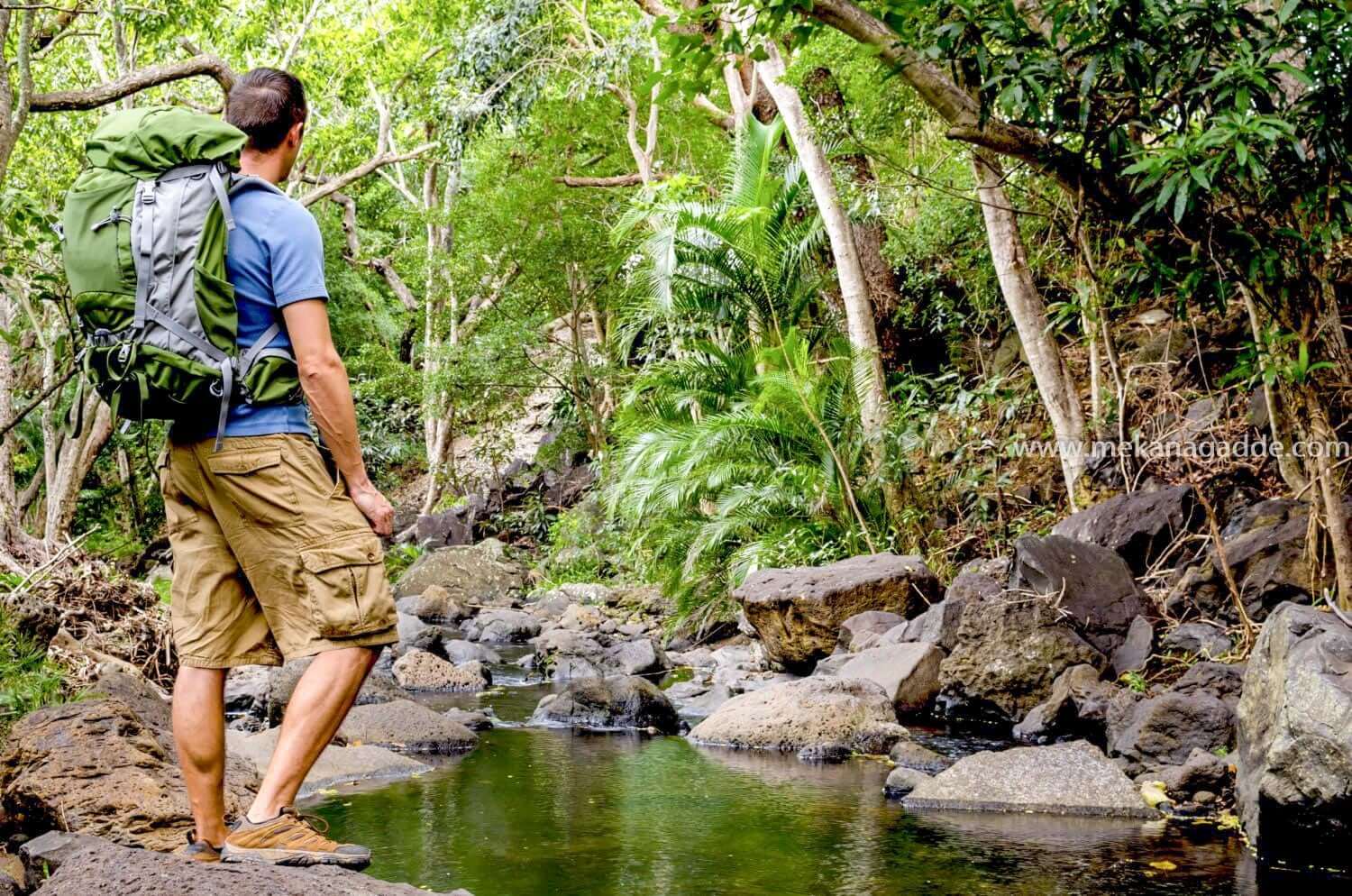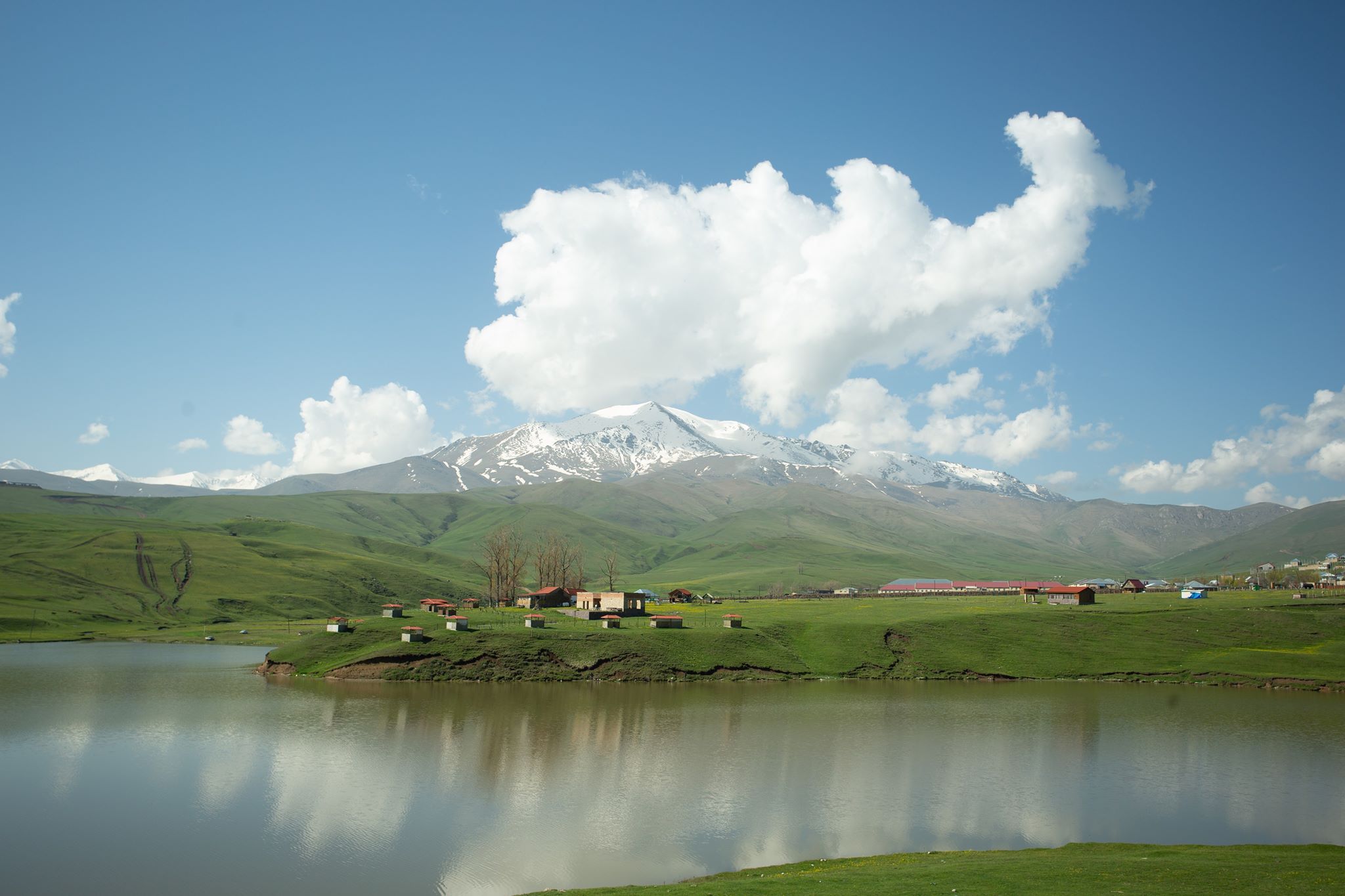Ecotourism associations play a pivotal role in promoting responsible and sustainable tourism practices, ensuring the preservation of natural and cultural heritage for generations to come.
These organizations are dedicated to developing and implementing standards for ecotourism, fostering collaboration among stakeholders, and providing resources and support to tourism businesses.
Definition of Ecotourism Association
An ecotourism association is a non-profit organization that works to promote sustainable tourism practices. Ecotourism associations typically have a membership of businesses, organizations, and individuals who are committed to responsible tourism.
The primary goals of ecotourism associations are to:
- Promote sustainable tourism practices
- Educate the public about ecotourism
- Advocate for policies that support ecotourism
- Provide resources and support to ecotourism businesses
Ecotourism associations play an important role in promoting sustainable tourism practices. They provide a forum for businesses and organizations to share best practices, develop standards, and advocate for policies that support ecotourism. Ecotourism associations also educate the public about the importance of ecotourism and provide resources and support to ecotourism businesses.
Role and Functions of Ecotourism Associations
Ecotourism associations serve crucial roles in fostering responsible and sustainable tourism practices. They act as hubs for collaboration, knowledge-sharing, and advocacy, contributing to the development and implementation of industry standards and guidelines.
Functions and Contributions
- Establishing Standards and Certifications:Ecotourism associations develop and promote standards and certifications that guide tour operators and destinations in implementing sustainable practices. These standards cover areas such as environmental conservation, cultural preservation, and economic benefits for local communities.
- Promoting Best Practices:Through workshops, conferences, and educational programs, associations educate tour operators and travelers about responsible tourism practices. They encourage the adoption of sustainable methods, such as minimizing environmental impact, respecting local cultures, and supporting conservation efforts.
- Advocacy and Policy Influence:Ecotourism associations advocate for policies and regulations that support sustainable tourism. They engage with governments, tourism boards, and other stakeholders to promote ecotourism as a viable and responsible alternative to mass tourism.
- Monitoring and Evaluation:Associations monitor and evaluate the effectiveness of ecotourism initiatives. They collect data, conduct research, and provide feedback to members to ensure that sustainable practices are being implemented and improved upon.
Benefits of Joining an Ecotourism Association
Joining an ecotourism association can provide numerous benefits for tourism businesses, enhancing their credibility, reputation, and opportunities for growth.
Enhanced Credibility and Reputation
Membership in a reputable ecotourism association signals to potential customers that a business is committed to responsible and sustainable tourism practices. This can increase consumer trust and confidence, leading to increased bookings and revenue.
Networking, Collaboration, and Knowledge Sharing
Ecotourism associations provide a platform for businesses to connect with like-minded individuals and organizations. Through networking events, conferences, and online forums, members can share best practices, learn from experts, and collaborate on joint initiatives.
Ecotourism associations are vital in preserving natural and cultural heritage. Their focus on sustainable practices extends to promoting cultural ecotourism , which respects local traditions and values. By fostering appreciation for diverse cultures, these associations contribute to intercultural understanding and community empowerment, ultimately reinforcing the goals of ecotourism.
Types of Ecotourism Associations
Ecotourism associations come in various forms, each catering to specific niches and audiences. Understanding the different types will help you choose the association that best aligns with your goals.
Geographical Scope
Associations can have a local, regional, national, or international reach. Local associations focus on a specific area or community, while regional associations cover a larger geographical area within a country or continent. National associations represent the ecotourism industry at a national level, and international associations operate on a global scale, connecting members from different countries.
Focus and Target Audience
Associations may specialize in particular aspects of ecotourism, such as sustainable tourism practices, conservation, or community development. Some associations focus on specific types of ecotourism, such as adventure tourism or wildlife tourism. The target audience of an association can include tour operators, accommodation providers, conservation organizations, and government agencies involved in ecotourism.
Membership Benefits
Joining an ecotourism association offers numerous benefits, including networking opportunities, access to resources and training, industry representation, and marketing support. Associations also provide a platform for members to share best practices, collaborate on projects, and advocate for policies that support sustainable tourism.
Examples of Ecotourism Associations
Ecotourism associations are found worldwide, promoting sustainable tourism practices and advocating for the preservation of natural and cultural heritage. Here are a few notable examples from different regions and countries:
The following table provides a brief overview of some ecotourism associations:
| Name | Location | Description | Website |
|---|---|---|---|
| Ecotourism Society of Australia | Australia | Promotes responsible ecotourism practices and advocates for the protection of Australia’s unique natural and cultural environment. | https://ecotourism.org.au/ |
| African Ecotourism Network | Kenya | Facilitates collaboration and knowledge-sharing among ecotourism stakeholders in Africa, promoting sustainable tourism practices and conservation initiatives. | https://www.aften.org/ |
| Nature and Ecotourism Accreditation (NEAT) | Canada | Provides certification and accreditation programs for ecotourism operators in Canada, ensuring adherence to responsible tourism practices and environmental sustainability. | https://neatcanada.ca/ |
| Rainforest Alliance | Global | Works with businesses, communities, and consumers to promote sustainable practices in the coffee, cocoa, tea, and banana industries, including ecotourism initiatives. | https://www.rainforest-alliance.org/ |
Case Studies of Successful Ecotourism Associations

Ecotourism associations play a crucial role in promoting responsible tourism practices, supporting local communities, and conserving the environment. Here are some notable examples of successful ecotourism associations that have made significant contributions to the industry:
The Ecotourism Association of Australia (EAA)
Established in 1990, the EAA is the leading national body for ecotourism in Australia. It represents over 300 members, including tour operators, accommodation providers, and government agencies. The EAA’s mission is to promote and support sustainable tourism practices that protect and enhance Australia’s natural and cultural heritage.
One of the EAA’s key initiatives is the EcoTourism Certification Program, which provides a framework for tour operators to demonstrate their commitment to responsible tourism. Certified operators must meet strict criteria related to environmental management, social responsibility, and economic sustainability.
Ecotourism associations play a crucial role in promoting sustainable tourism practices that protect the environment. By embracing various different types of ecotourism , such as nature-based, adventure, and cultural, these associations ensure the preservation of natural and cultural heritage while providing economic benefits to local communities.
Through responsible travel and conservation efforts, ecotourism associations contribute to the long-term sustainability of the industry and the destinations they represent.
The EAA has also played a significant role in developing and implementing the Australian National Ecotourism Strategy, which aims to guide the development of a sustainable ecotourism industry in Australia.
Future Trends in Ecotourism Associations

Ecotourism associations are constantly evolving to meet the changing needs of the industry and its stakeholders. Emerging trends include:* Increased use of technology to promote ecotourism and connect with travelers.
- Greater focus on sustainability and responsible tourism practices.
- Growing demand for immersive and authentic experiences.
- Increased collaboration between ecotourism associations and other organizations.
Role of Technology
Technology is playing an increasingly important role in the ecotourism sector. Associations are using technology to:* Promote ecotourism destinations and experiences.
- Connect with potential travelers.
- Provide information and resources to members.
- Monitor and evaluate the impact of ecotourism.
Role of Innovation
Innovation is also key to the future of ecotourism associations. Associations are exploring new ways to:* Develop sustainable tourism products and services.
- Engage with travelers and build relationships.
- Measure and report on the impact of ecotourism.
Role of Collaboration
Collaboration is essential for the success of ecotourism associations. Associations are working with other organizations to:* Promote ecotourism and responsible tourism practices.
- Develop sustainable tourism products and services.
- Monitor and evaluate the impact of ecotourism.
Potential Opportunities, Ecotourism association
The future of ecotourism associations is bright. There are a number of potential opportunities for growth and development, including:* Expanding the reach of ecotourism associations.
- Developing new and innovative ecotourism products and services.
- Increasing the impact of ecotourism associations on sustainable tourism.
Final Thoughts
As the demand for sustainable travel continues to grow, ecotourism associations will remain at the forefront of shaping the future of tourism. Their unwavering commitment to protecting the environment and promoting responsible travel practices will ensure a vibrant and sustainable tourism sector for years to come.
Commonly Asked Questions
What is the primary goal of an ecotourism association?
To promote sustainable tourism practices that minimize environmental impact and preserve cultural heritage.
How do ecotourism associations contribute to the development of tourism standards?
By establishing guidelines and criteria for responsible tourism operations, ensuring that businesses adhere to ethical and environmental best practices.
What are the benefits of joining an ecotourism association?
Enhanced credibility, networking opportunities, access to resources and support, and the ability to contribute to the collective efforts of promoting sustainable tourism.
